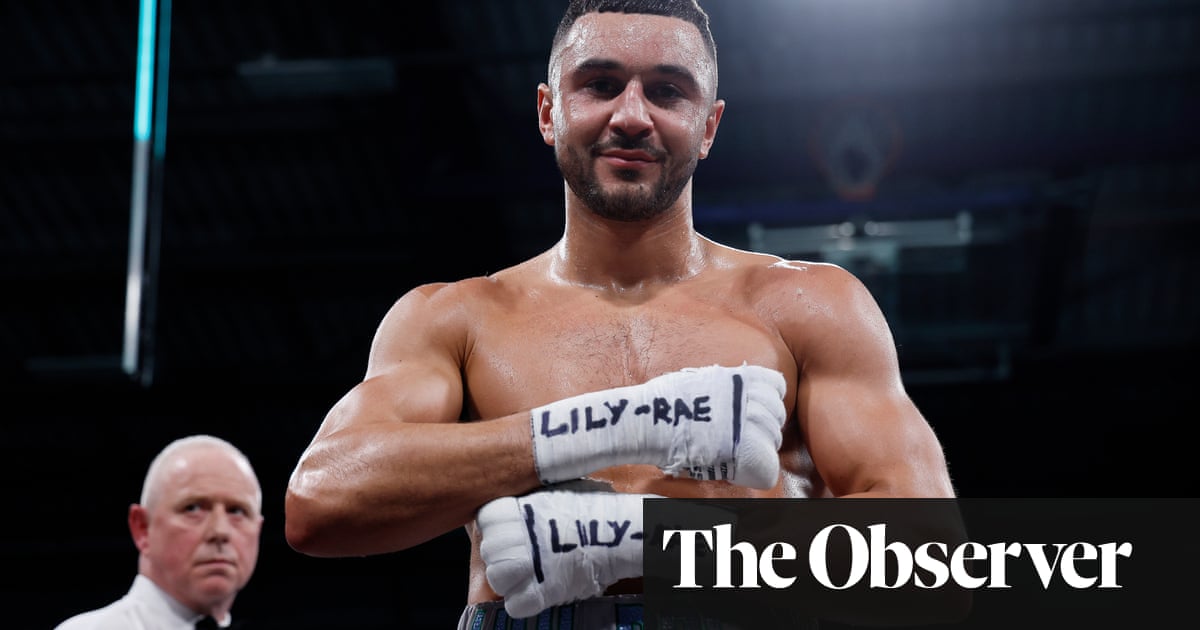There were spells in this game when Club Brugge resembled a reincarnation of 1970 Brazil. As Cameron Carter-Vickers bundled home an embarrassing own goal to send the Belgians in front, it looked a matter of how many they would choose to score. The stars were in stripes. Celtic do not often suffer in this manner on their own turf.
Celtic have no cause to care that they rather snatched a point. Indeed, Brugge’s profligacy should be of no concern whatsoever to Brendan Rodgers. This draw, earned courtesy of a glorious Daizen Maeda strike, leaves Celtic perfectly on course to reach the playoff round of the Champions League. This was an outcome which rather proved the beauty of football; Brugge’s style and swagger was ultimately matched by Celtic’s desire not to lose. Celtic continue to show they can compete when stakes are raised beyond their domestic domination. As the minutes ticked down, it was Celtic who looked the more likely team. Given what had come before, that was a wild scenario.
Three games had seemingly extinguished years of frustration. Celtic’s thrashing of Slovan Bratislava, draw against Atalanta and excellent win over RB Leipzig triggered a sense of Champions League belonging. Seasons where the Scottish champions floundered at this level had suddenly been forgotten; expectations were high for Brugge’s visit. Even Celtic’s 7-1 reverse in Dortmund felt an afterthought before kick-off. Through the new Champions League format – and some fine performances – has come opportunity and a fresh mindset.
Brugge arrived in Glasgow with a perfect understanding of how Celtic had suffocated Leipzig last time out. The Belgians started strongly, Ferran Jutglà curling narrowly wide inside five minutes. Celtic attacked more in hope than expectation. Jutglà chose to hit the ground rather than fire towards Kasper Schmeichel having outpaced Carter-Vickers to collect a through ball from Hans Vanaken.
Brugge were the more coherent side by a considerable margin during the game’s opening quarter, a matter which owed plenty to Celtic’s malfunctioning midfield. Andreas Skov Olsen was next to flash a shot wide with Schmeichel stranded.
Further, more meaningful, Celtic assistance was to come. Nicolas Kühn probably should not have been wandering back towards his own goal but will argue he had little choice, given Brugge’s aggressive press. The German passed to Carter-Vickers, who in turn tried to find Schmeichel. The problem was, Celtic’s Danish goalkeeper was 10 yards away from where Carter-Vickers played the ball.
With Schmeichel unable to recover, Carter-Vickers suffered the ignominy of scoring into his own net. If not so serious for Celtic, it would have been a comedic episode. Carter-Vickers was woefully careless, the outcome painful. After the penalty fiasco against Aston Villa, Brugge are making a habit of benefitting from bizarre Champions League moments. Their lead, though, was fully deserved. Celtic needed the interval to draw breath.

Brugge should have placed daylight between themselves and their hosts with their first attack of the second half. Instead, Schmeichel turned Maxim De Cuyper’s effort wide after the full-back had marauded through on goal. Celtic responded with Reo Hatate’s long-range attempt, which had Simon Mignolet struggling.
after newsletter promotion
Brugge had doused the Celtic Park atmosphere. Rodgers had used pre-game media duties to ask that his players utilised the “power” of the stadium. Those in the stands were instead jittery. There was agitation that Celtic could gain no foothold in the tie with an hour played. Anxiety among Brugge’s noisy contingent was only because their side’s leeway felt disproportionate to the dynamic of the game. Skov Olsen should have altered that but blazed over from a wonderful De Cuyper cross.
Celtic made the visitors pay for their wastefulness. Maeda, a hitherto peripheral presence, cut infield before beating Mignolet via the goalkeeper’s left-hand post. There was home disbelief mixed with jubilation. Maeda’s intervention was of stunning quality.
How do I sign up for sport breaking news alerts?
Show- Download the Guardian app from the iOS App Store on iPhone or the Google Play store on Android by searching for 'The Guardian'.
- If you already have the Guardian app, make sure you’re on the most recent version.
- In the Guardian app, tap the Menu button at the bottom right, then go to Settings (the gear icon), then Notifications.
- Turn on sport notifications.
Jutglà believed he had put Brugge back in front after Celtic failed to deal with a cross from their right flank. The striker was soon cursing the influence of the VAR, who correctly ruled out the goal for offside. This encounter was testing Brugge’s patience.
Substitutions clearly disrupted the flow of the match. Celtic’s introduction of Adam Idah to spearhead the attack suggested Rodgers had aspirations of taking all three points. Hatate attempted an outrageous volley that was closer to the corner flag than the goal. Exhausted, Celtic made do with parity. Eight points from five games means respectability for Rodgers and his players. Brugge can scratch their heads all they like; for them, this was an evening of missed opportunity.

.png) 1 month ago
16
1 month ago
16













































